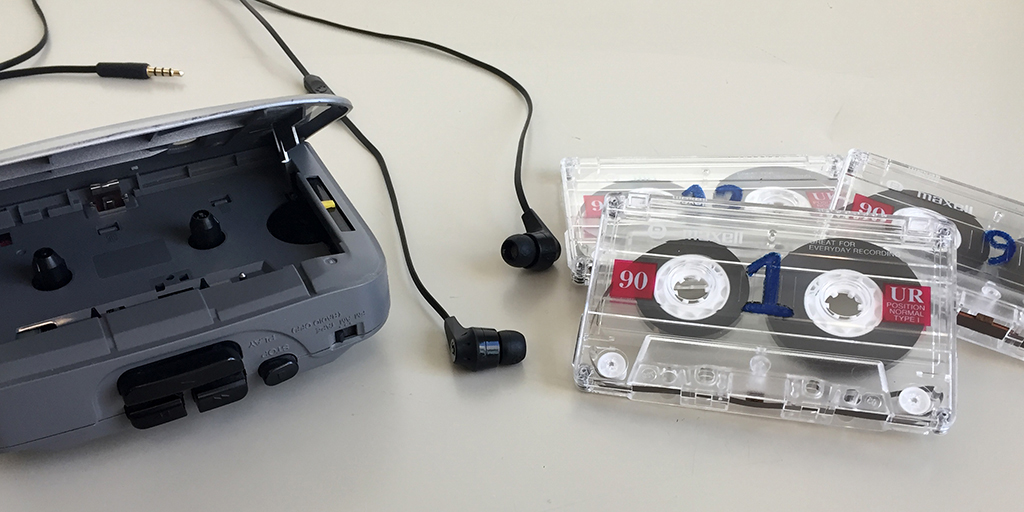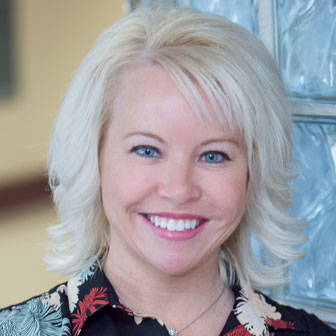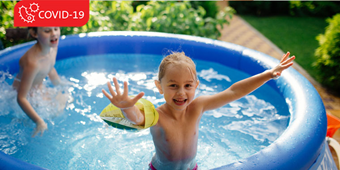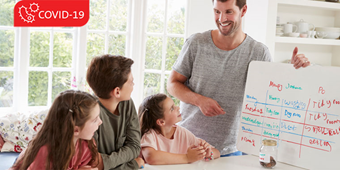Parents: Keep Open Dialogue on 13 Reasons Why

Find Your Perfect Match
Answer a few questions and we'll provide you with a list of primary care providers that best fit your needs.
The events leading up to a fictional high school girl’s suicide, chronicled in Netflix’s new “13 Reasons Why” series, have gone viral with adolescents and teens since the show debuted in March 2017. As Netflix announced a second season for the show, Premier Health Now talked to Samaritan Behavioral Health Director Melissa Jones, MRC, LPCC-SC, LICDC-CS, about the show’s potential positive and negative impacts.
Jones, who frequently counsels adolescents and teens — and has a 12-year-old of her own — notes the appeal to teens and preteens of this coming-of-age series.
“The series is provocative, touching on all facets of what an adolescent may be experiencing: social media, bullying, categorization of kids as ‘popular or less popular,’ alcohol use, drugs, rape, lack of parental understanding, and being a new kid at school,” Jones says. The idea is not new. We’ve had movies in every era that discuss the life of the adolescent. ‘The Breakfast Club’, ‘Last American Virgin,’ ‘Less than Zero’ — all tackled adult content but were geared towards the young population. This series simply intensifies the viewing.”
The show is rated “MA for Mature Audiences,” which should be followed, Jones cautions. The dilemma for parents is that young people without a Netflix account can still access components of the series through YouTube and other sources.
“Don’t assume because your teens haven’t initiated discussion about this series that they don’t know about it or haven’t watched it,” Jones says. If your teens are going to watch the series, she recommends parents have full knowledge of the show’s content. “Navigating them through the content is essential,” Jones explains.
Positives and Negatives of the Show
Jones says that on the positive side, “13 Reasons Why” presents an opportunity for open communication with your child about coping with painful life events. It allows you to make the point that suicide isn’t heroic or an appropriate response to life’s challenges. It allows parents the ability to reinforce to their teens the need to reach out for support when feelings and thoughts become overwhelming.
“It needs to be an organic, open discussion,” Jones says. “Be ready to discuss rough content. Communicating with a strong emotional response, lecturing or passing judgment can cause kids to shut down.”
If there is a danger to the show, she believes, it’s for teens who may already be struggling with their emotional health. Viewing could emphasize an increase in negative feelings and responses in behavior. “As parents, we have to remember that the adolescent brain is still ‘under construction,’” Jones explains. “The cerebral cortex where reasoning and thoughtful decision-making happens is not developed quite yet. This causes our teens to often act impulsively. There are multiple examples of this in ‘13 Reasons Why.’”
Jones says the series accurately portrays a teen’s feelings of being overwhelmed, the importance of peers, and the egocentric nature of this age group. It doesn’t reflect the high anxiety, depression, isolation and decline in physical appearance that she often sees in her young clients.
“We still don’t fully understand that our kids are being raised in a non-stop, technologically driven world. They can’t go home and have a safe space. They’re always accessible now. As a teen, you’re expected to engage at some level in social media. That is a huge responsibility for an adolescent who is still evolving and trying to figure out good decision-making skills. It’s a constant test,” Jones says.
She continues, “This isn’t the childhood we had. Our children are regularly exposed to very adult-themed content. If we continue to communicate openness, we can step in and start the conversation to positive choices.”
Find Your Perfect Match
Answer a few questions and we'll provide you with a list of primary care providers that best fit your needs.
Source: Melissa Jones, MRC, LPCC-SC, LICDC-CS, director, Samaritan Behavioral Health Inc.—Integrated Care Solutions





